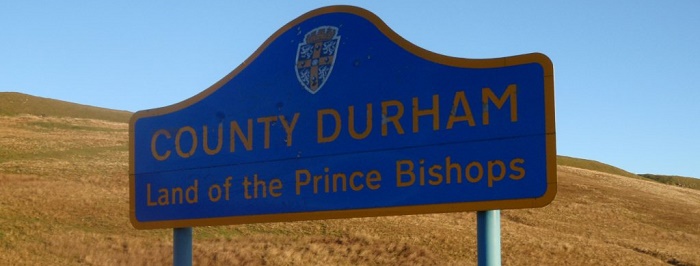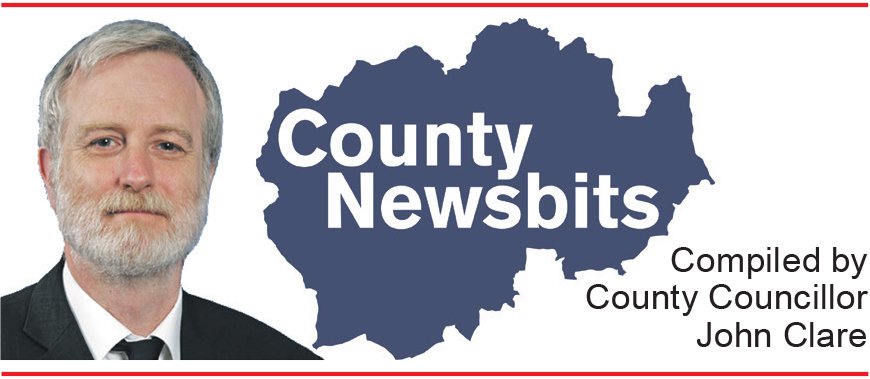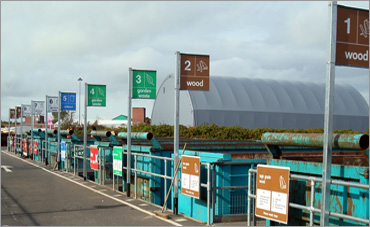The quality of Council Climate Action Plans varies widely across Durham according to the first ever analysis of local councils’ Climate Action Plans, released this week by Climate Emergency UK. The Council Climate Plan Scorecards can be seen at https://councilclimatescorecards.uk/.
In the Council Climate Plan Scorecards, councils have been compared to other local authorities across the UK with similar powers. All the councils in Durham appear in the single tier list. Darlington Borough Council was the top scorer in the region with a score of 61%. Durham County Council followed with a score of 58%, still above the 51% average score for single tier councils. However, Stockton-On-Tees Borough Council fell slightly behind with a score of 43%.
Disappointingly Hartlepool Borough Council scored 0% in this assessment as they have failed to publish a recent Climate Action Plan. They are also amongst the few councils still to declare a climate emergency. Clearly Hartlepoole has a lot of work to do in its plans to tackle the Climate Emergency.
Neighbouring Newcastle City Council scored much higher than any Durham Council, achieving an impressive 82% and proving that there is room for improvement for all councils in Durham.
Climate Emergency UK (CE UK) has used 28 questions to assess all the Climate Action Plans published online by UK councils after 2015 and before 20 September 2021. The criteria include: whether the climate actions are costed; if the actions are assigned to specific teams; do the actions have a clear goal; are local residents being engaged with climate action; does the Plan include strategies to decarbonise waste, planning and homes and other topics; and does the Plan cover areas such as re-skilling the workforce, climate education, governance and funding for climate action.
CE UK has only assessed Action Plans this time, not the actions councils are actually taking to reduce emissions and improve biodiversity.
Isaac Beevor, from CE UK said “Councils may be doing good things which aren’t reflected in their Action Plan. That is why next year we will be assessing all councils on what they are actually doing.
“This year’s Scorecards are just the start of the process. It has been an important exercise to understand what makes a good council Climate Action Plan and we hope that it will help councils learn from each other and up their game. A good plan will help a local authority deliver effective actions, as well as enabling local residents to know what their council has committed to and so hold the council to account.
“Local authorities can help to deliver 30% of the cuts in carbon emissions needed to get to net zero, according to the 6th UK Carbon Budget published a year ago, so it is vital that councils do as much as they can.
“While we understand that councils need much more support and funding from National Government, and have been stretched by responding to the pandemic, the fact that some councils have developed well thought out, costed and ambitious plans, shows that it is possible.”
Ruth Hardy, a resident from Durham said “I’m happy that Durham Council has developed a plan to tackle the climate emergency, but there’s still a lot of room for improvement in their score. I was very surprised to hear that Hartlepool hasn’t even created a plan yet, so I hope they will develop one as soon as possible. The scorecards make it easy to see where councils are doing well, so residents should use this information to push for councils to improve and start to implement their Climate Actions Plans”










